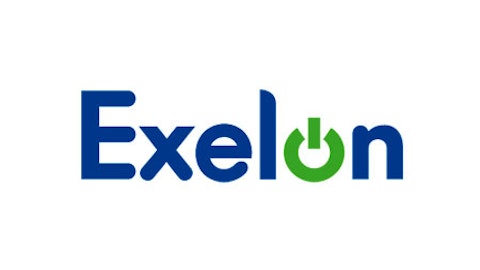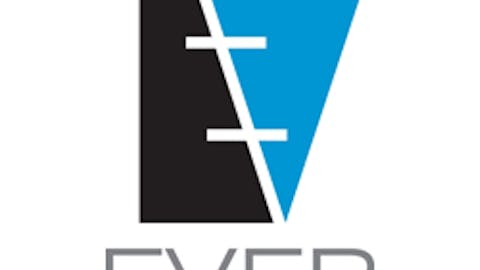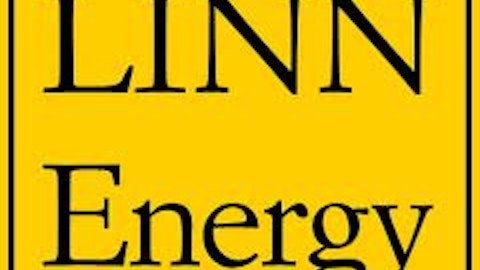One of the large issues this country has faced over the past 20 years or so is the migration of companies away from the U.S. to set up shop. While different industries had different reasons for doing so, much of the oil and gas industry left the U.S. because it was getting too costly to produce from existing wells and find new sources. Thanks to the advancements in technology and drilling, that trend has taken an about-face, and now oil and gas companies are leaving other parts of the world to focus on the U.S. again.
Let’s take a look at a couple of companies that are doing this and what makes the U.S. so attractive for them.
Bringing it back
The most recent example of a company refocusing on the U.S. is Apache Corporation (NYSE:APA). In a recent Financial Times interview, Apache Corporation (NYSE:APA) CEO Steven Farris said that the company is shifting its strategy to focus on growth in the U.S. while its international assets will be more focused on stable cash generation. This is a complete 180 from the company’s strategy as little as a couple of years ago, where Apache Corporation (NYSE:APA) saw the greatest growth potential in its international assets in Egypt and the North Sea.
Hopefully, this strategy will work out for Apache Corporation (NYSE:APA) better than its previous one. Over the past two years, Apache Corporation (NYSE:APA)’s shares have underperformed the S&P 500 by more than 50%.
The poor performance was so bad as of late that shareholders recently voted to cut executive compensation. As of right now, Apache Corporation (NYSE:APA) has yet to sell any international assets. With its current debt load ballooning to $12.4 billion, the company does plan on making some of these assets available soon.
Apache joins a long list of companies that have moved away from international operations to focus on the U.S. Devon Energy Corp (NYSE:DVN), ConocoPhillips (NYSE:COP), and Hess Corp. (NYSE:HES) have both shed large international assets over the past couple years. Since 2010, Devon Energy Corp (NYSE:DVN) has sold all of its international and Gulf of Mexico assets for $8.5 billion to BP plc (ADR) (NYSE:BP), CNOOC Limited (ADR) (NYSE:CEO), and Apache. Hess Corp. (NYSE:HES) has taken its ones step even further, not only has the company sold off a large stake of its international acreage, but it also plans on unloading its refining and retail business as well. Not to be outdone, ConocoPhillips (NYSE:COP) has shed its Nigerian oil assets and divested its stake in Australian LNG and Canadian oil sands all within the past six months.
The Promise of America
Apache, Devon Energy Corp (NYSE:DVN), and Hess all have their U.S. focus in three major areas: the Anadarko Basin, the Permian Basin, and the Bakken Formation. Both the Permain and Bakken formations have so far been two of the most prolific oil plays in the U.S. and the potential of there resources become greater by the day. Just recently, the U.S. Geological Survey doubled its estimate for technically recoverable reserves in the Bakken. Hess has been in the North Dakota region for 55 years, and has carved out a position that makes them the third-largest producer in the Bakken. In the first quarter of this year, Hess increased Bakken production 55% year over year. If the company can keep up this kind of production in the region, it should help to cover for declining production at some of its older international assets.
One of the more intriguing plays in the U.S. today is the Anadarko Basin in Texas and Oklahoma. The play is such a grab bag when it comes to what you may find there, it is almost a disservice to lump them all together. In the northern part of the play, the Mississippian Lime is the quintessential hit-it-and-quit-it play. SandRidge Energy Inc. (NYSE:SD) CEO Tom Ward has gone on record saying that this play has some of the highest rates of return in the U.S. thanks to extremely low drilling costs. An average well in the Mississippian Lime costs $3.5 million to complete, vs. $11 million for Bakken wells. Apache is making a risky bet on the Mississippian, as they are exploring in the most northern part of the play.
On the opposite side of the spectrum, you have the SCOOP formation, a part of the play that Continental Resources (NYSE:CLR) CEO Harold Hamm has said it could be the next Bakken because of its liquids-rich production and its complex geological formations. Both Continental Resources (NYSE:CLR) and Devon Energy Corp (NYSE:DVN) are a couple of the leading players in the SCOOP formation. Devon Energy Corp (NYSE:DVN) has plans to drill about 150 wells in the play in 2013, and so far has grown production in the play by 31% compared to last year. With numbers like this coming from a strong liquids play, Devon Energy Corp (NYSE:DVN) might finally be able to shed its reputation as a gas heavy company.
What a Fool believes
The current growth in the U.S. not only has American companies making moves back to the U.S., but it is also drawing the attention of several foreign companies that want to learn a thing or two about hydraulic fracturing. Not only is this promising for companies who want to grow production, but it also helps America in reducing its energy deficit. Hopefully, this mutually beneficial relationship can continue for quite some time.
The article Oil Companies Are Betting Big on the U.S. originally appeared on Fool.com.
Fool contributor Tyler Crowe has no position in any stocks mentioned. You can follow him at Fool.com under the handle TMFDirtyBird, on Google +,or on Twitter @TylerCroweFool. The Motley Fool owns shares of Apache and Devon Energy.
Copyright © 1995 – 2013 The Motley Fool, LLC. All rights reserved. The Motley Fool has a disclosure policy.







